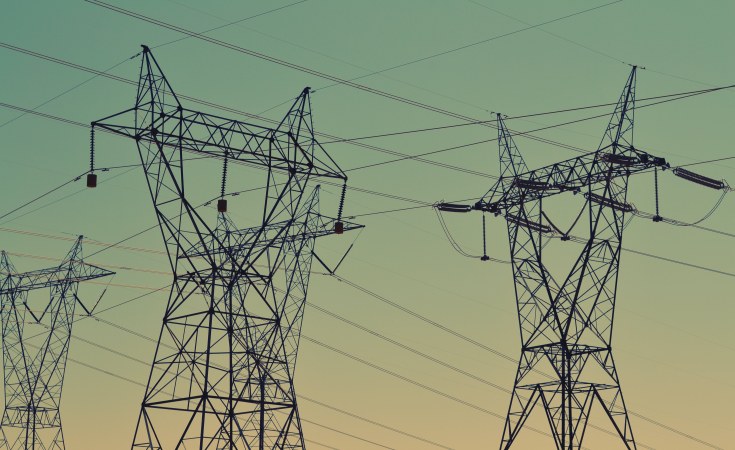Diesel and petrol suppliers and generator dealers continue to make brim businesses as power supply remains epileptic in Nigeria.
A former Minister of Power, Barth Nnaji, has alleged that diesel suppliers and generator dealers are sabotaging efforts for Nigerians to enjoy regular power supply.
Mr Nnaji, a professor, made this known while featuring on a radio programme, captioned: "The South East Political Roundtable" by Flo FM, Umuahia on Wednesday.
The former minister said the endless breakdown of the national grid had remained a significant concern among Nigerians.
According to him, this is despite the Federal Government's claim of spending N7 trillion as direct interventions in the power sector, even after privatising the electricity generation and distribution arms of the industry since November 2013.
Mr Nnaji, who is the chairperson of Geometric Power, Aba, identified diesel suppliers and generator sellers as other obstacles for those who are into power generation business.
He said the power sector needed professionals, who understood the Nigeria Electricity Supply Industry to manage it.
"There are two areas when you talk of cabal in the sector - the diesel suppliers and generator users.
"Nigeria is a big user ofgeneratorsr because of our enormous power need and those who are in the business would not want any interruption.
"The diesel suppliers feel that stable power supply would destroy their business," he said.
Mr Nnaji further alleged that the power sector, just like others, had some cabal, who make gains from the problems of poor power supply.
He said: "A graphic picture of how dangerous the diesel suppliers can be was experienced when we were in government, somewhere in this country, some men cut down 30KVA line to stop electricity supply to thousands of users.
"Unfortunately, the diesel supplying company sponsored the operation.
"Incidentally the power cable fell on one of them, who later confessed to the crime."
Nigeria has struggled with poor power supply for decades, a challenge that is estimated to cost businesses about $29 billion yearly, according to the World Bank.
The country has the lowest access to electricity globally, with about 92 million persons out of the country's 200 million population lacking access to power, according to the Energy Progress Report 2022 released by Tracking SDG 7.
A World Bank report in 2021 also explained that 74 per cent of power users in the country are dissatisfied with the supply of electricity across the country. While 93 per cent of metered power users paid their bills regularly, 78 per cent of electricity consumers in the country received less than 12 hours of power supply daily.
Also, the lack of power supply has increased production costs for many businesses who are then forced to provide their electricity, mostly using diesel-run generators as alternative sources of electricity.
In June 2015, Nigerian manufacturers said they spent as much as N3.5 trillion annually to generate alternative power for their production operations due to the collapse of the public electricity supply.
In 2018, former President Muhammadu Buhari claimed Nigerians depend less on generators in their homes and businesses. However, analysts disagreed with the position as many Nigerians continue to suffer from the ripple effect of poor power supply.
In March, the Abuja Electricity Distribution Company (AEDC) said insufficient power allocation to the company by generation stations was responsible for the unstable electricity supply in the region.
In June, the Manufacturers Association of Nigeria (MAN) said it loses N10.1 trillion annually to power crisis, just as the World Bank said that Nigeria will need about $100 billion in the next 10 years to tackle the challenges in its energy sector.


